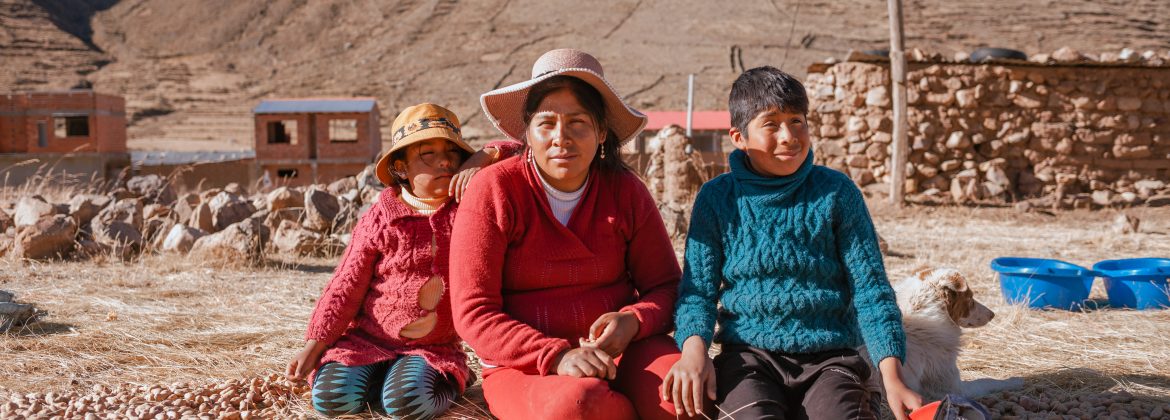
Addressing the climate emergency to guarantee Bolivian children’s rights
Bolivia is the second most vulnerable country in South America and the fifth least prepared to mitigate the damages of climate change (ND-GAIM). Bolivia is located in an area of intense climatic activity: every year the country is threatened by floods, droughts, frosts and forest fires, which are aggravated by the El Niño and La Niña phenomena, affecting the most vulnerable populations and mainly children and adolescents. According to the World Food Program, it is estimated that food insecurity in the country will increase by 22% until 2050, if measures are not taken to adapt to or mitigate the effects of climate change.
In the last quarter, Bolivia is facing an unprecedented forest fire crisis, especially in the Amazon region of the country. The impact has been so severe that in September of this year, the Government declared a National Disaster through Supreme Decree 5235.
Save the Children, in coordination with the Consortium of Humanitarian Agencies in Bolivia and the Humanitarian Country Team, is deploying a comprehensive humanitarian response to the drought and forest fires in the Departments of Santa Cruz, Beni and Cochabamba. We have implemented programs that focus on increasing the resilience of children and adolescents and also on developing local capacities, regulations and risk management tools.
We have also responded to emergencies resulting from floods and droughts in the education, health, food security, water, sanitation and hygiene (WASH) and protection sectors, focusing on the needs of children and adolescents, supporting 25,688 people through various humanitarian responses.
We highlight the cash transfer programs (PTM), reaching 2,262 families; the distribution of 300 food kits; the installation of 74 drinking troughs for animals, seeking to recover economic assets; the availability and access to safe water for children was guaranteed with the implementation of 21 water storage tanks, 15 submersible pumps, 1,154 water filters (246 for schools). In the health sector, we provided 675 mosquito nets and 700 family hygiene kits. We also trained 724 public employee to safeguard and protect against violence affecting children and adolescents in emergency situations.

 Bolivia
Bolivia